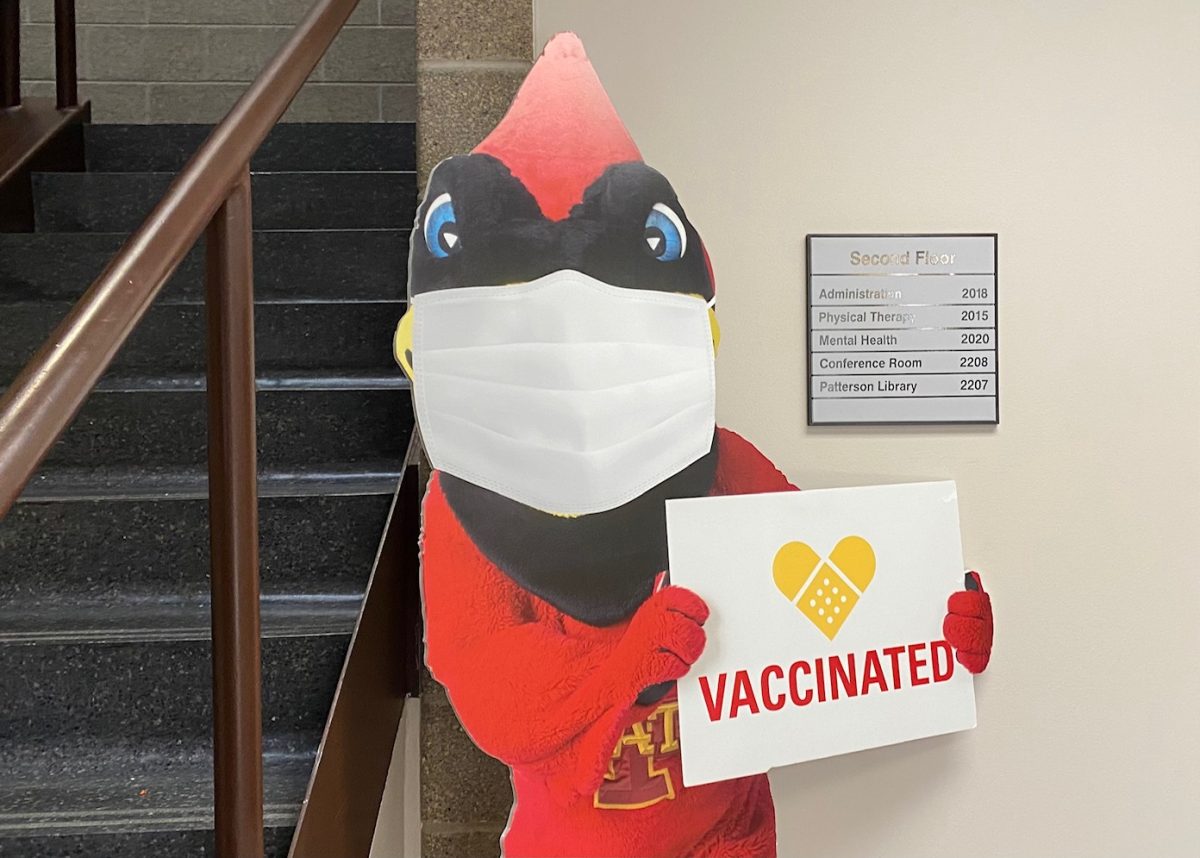Students pay for OWIs
November 11, 1998
Ask anyone who deals with Iowa State students and alcohol abuse programs, and they probably will say students tend to severely underestimate the consequences of drinking and driving.
“I don’t think most students have a clue,” said Jennifer Miller, graduate assistant for Substance Abuse Intervention Services. “A lot [of students] think that an [operating while intoxicated] charge is similar to only a fine. They think they may have to pay a couple of hundred bucks and be done with it.”
An OWI offense, also referred to as driving under the influence (DUI) or driving while intoxicated (DWI), can rob a student of valuable time and money.
“You don’t only lose your license,” said Bobby Carlson at the Center for Creative Justice. “You end up paying for a lot of things you never would have thought of.”
Carlson said there are several costs associated with an OWI charge that students may not be aware of. A $100 Substance Abuse Evaluation must be taken by OWI offenders to determine if they require treatment. Treatment, in turn, can cost up to $5,000.
OWI offenders also must attend a drinking and driving school for 12 hours at a cost of $75. Court costs range from $45-$60.
Although Student Legal Services is free, a court appointed attorney can cost $45 per hour. Carlson said a private attorney, should a student need one, could cost between $500 and $5,000.
Deferred judgments are an alternative to actually being convicted of OWI. After receiving a deferred judgment, however, a student must spend up to a year on probation and complete community service for 40-50 hours, according to a brochure from the Dean of Students Office.
Miller said most students do receive a deferred judgment on a first offense OWI charge.
“If you do something stupid during probation, though, and they find out, the chances of OWI being deferred are greatly lowered,” she said. “And if the Dean of Students finds out, you’re put on conduct probation.”
Money isn’t the only cost of an OWI charge. Miller said many students don’t realize that an OWI charge on a permanent record can affect a person’s likelihood of getting a job, especially a government one.
“If people are applying to graduate schools and law schools, it’s generally good not to get [an OWI] on your record,” Miller said.
Students also might run into transportation problems after an OWI charge. A first offense results in a six-month license suspension, according to the brochure. Refusal to take a Breathalyzer test increases the suspension to eight months.
An offender cannot drive for at least 30 days, after which time he or she may apply for a work permit.
One way to realize the consequences of drinking and driving is to talk to a student who has actually been charged with OWI.
“I got caught [drinking and driving] my freshman year,” said Heather, an agricultural business major at ISU. Heather expected to get a deferred judgment, but a second offense revoked the judgment and resulted in a mandatory two-day jail sentence.
“The whole thing was pure hell,” she said. “Between community service and jail, I ended up losing $1,100 to $1,200 in lost wages.”
One aspect some students fail to take into consideration are the emotional costs of a drunk-driving charge.
“I lost a lot of respect from my father,” Heather said. “He didn’t speak to me for at least three months, and that was one of the things that hurt me the most and hurt my whole family.”
Heather said she has curtailed her drinking.
“I’m usually the designated driver at parties and such. I also work for a peer educational group,” she said.
Peer educational programs work toward the prevention of student drinking and driving.
“One of the benefits of having students deliver the message is that it comes across as peers giving the advice rather than an administrator,” said Dave Haden, program assistant in the Dean of Students Office who supervises a peer educational group. “People are more liable to listen.”
Haden said there are several alternative options to drinking and driving, including taking the bus, riding with a designated driver or calling a sober friend. CyRide also provides a “Moonlight Express” route that operates Friday and Saturday nights until 2 a.m.
“We also talk to [students] about responsible decision making,” Haden said. “We talk about what the penalties are for violations and why you don’t measure it in dollars — you measure it in the potential for loss of life.
“I think that most students do underestimate the consequences and don’t know how much it can cost them,” he said.






